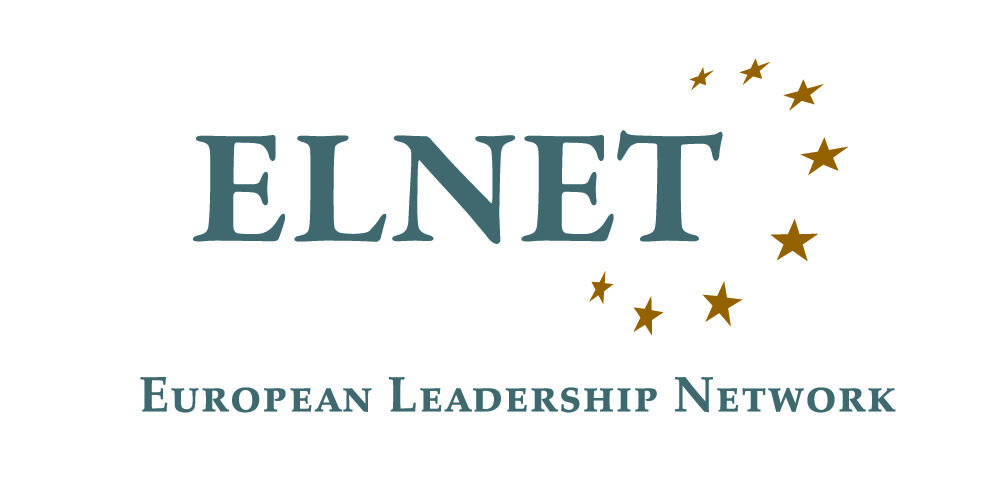CLICK HERE to read the full article in the Jerusalem Post.
When we wake up the morning after, yawn, and try to understand what happened in the world while we were under lockdown, we will realize that the world has changed greatly. Israel is in the midst of enormous global and regional changes; we cannot allow ourselves to miss out on these opportunities.
While the world around us is buzzing with historic events, we Israelis fail to put aside for a minute our relentless preoccupation with domestic politics. We fail to realize the strong impact we may potentially have on some of these world-changing events and to take advantage of the historic open window of opportunity.
When we wake up the morning after the pandemic, blink facing the bright Israeli sun, yawn, and try to absorb what happened in the world while we ordered supermarket deliveries, were under lockdown, and fought our internal political battles, we will discover that the world around us greatly changed. The world changed not only because of the pandemic, which affected public health and the economy but also because of many changes in national, regional, and global perception.
The change of the US administration is an extraordinary historic event in itself, and the effects of the internal conflict there reach the ends of the earth. The change of administration will have many consequences, for better or worse, domestically, around the world, and certainly in the Middle East.
Peace agreements that were signed in the shadow of the pandemic – after many years of ripening and hesitation – entirely changed Israel’s geopolitical standing. The ripples of this shock wave will affect the international community for many years to come. Now, it is Iran and its proxies against the moderate Arab states and Israel, with the extremists pitted against the moderates and the warlords set against the hopefuls for progress, technology, and peace.
Europe is also beginning to change, as is its attitude toward Israel and the Middle East. The conventional way through which Europe viewed Israel until recently – primarily through the prism of the Israeli-Palestinian conflict – is now slowly starting to evolve towards a more nuanced approach. The new peace agreements present Israel as a gateway to the Middle East rather than as a barrier, as a key to political and economic cooperation and not as its obstacle.
Israel and its Arab allies are the foundation for stability and progress in the region across from extremist Islamist elements. Other developments in the European arena also contribute to this paradigm shift: the wave of Muslim refugees – not all of whom are ready to assimilate into the local cultures – and the rise of terrorism that puts Europe and Israel on the same side of history.
The world after the pandemic will be different. The global economy will change. Investment in health will intensify. Technology will advance by leaps and bounds and politics in the United States and Europe will change greatly. The opportunities offered to Israel in view of these global and regional changes are enormous, and we cannot allow ourselves to miss those lying ahead. The reality necessitates dialogue between political opponents and a bipartisan strategy. Unfortunately, given Israel’s current political climate, these approaches appear unlikely.

